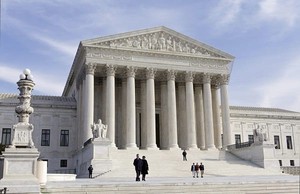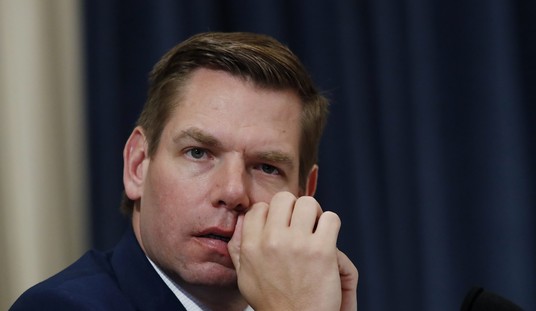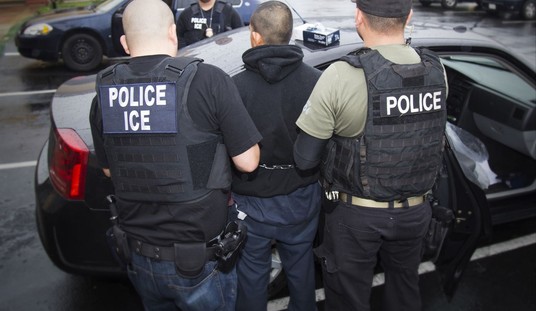
FILE – This Jan. 25, 2012, file photo, shows the U.S. Supreme Court Building in Washington. The Supreme Court enters its final week of work before a long summer hiatus with action expected on the Trump administration’s travel ban and a decision due in a separation of church and state case that arises from a Missouri church playground. (AP Photo/J. Scott Applewhite, File)
The Supreme Court has just issued its ruling upholding President Trump’s “Travel Ban.” In a 5-4 decision, split, as one might expect, along partisan lines, the Court held that “The President has lawfully exercised the broad discretion granted to him under §1182(f) to suspend the entry of aliens into the United States.”
Chief Justice John Roberts authored the opinion, in which Justices Kennedy, Alito, Thomas, and Gorsuch joined, filing concurring decisions. Justice Breyer issued a dissenting opinion in which Justice Kagan joined, and Justice Sotomayor issued a separate dissent in which Justice Ginsburg joined.
The opinion is 92 pages long, so we’ve obviously not had a chance to review it yet. The crux of it appears to be recognizing the deference traditionally afforded the Chief Executive by §1182(f).
The Court also found that, while the plaintiffs have Article III standing to bring the suit, “Plaintiffs have not demonstrated a likelihood of success on the merits of their claim that the Proclamation violates the Establishment Clause.” In so holding, the Court explained:
At the heart of their case is a series of statements by the President and his advisers both during the campaign and since the President assumed office. The issue, however, is not whether to denounce the President’s statements, but the significance of those statements in reviewing a Presidential directive, neutral on its face, addressing a matter within the core of executive responsibility. In doing so, the Court must consider not only the statements of a particular President, but also the authority of the Presidency itself.
We’ll have more in-depth analysis to follow.
Follow Susie on Twitter @SmoosieQ















Join the conversation as a VIP Member